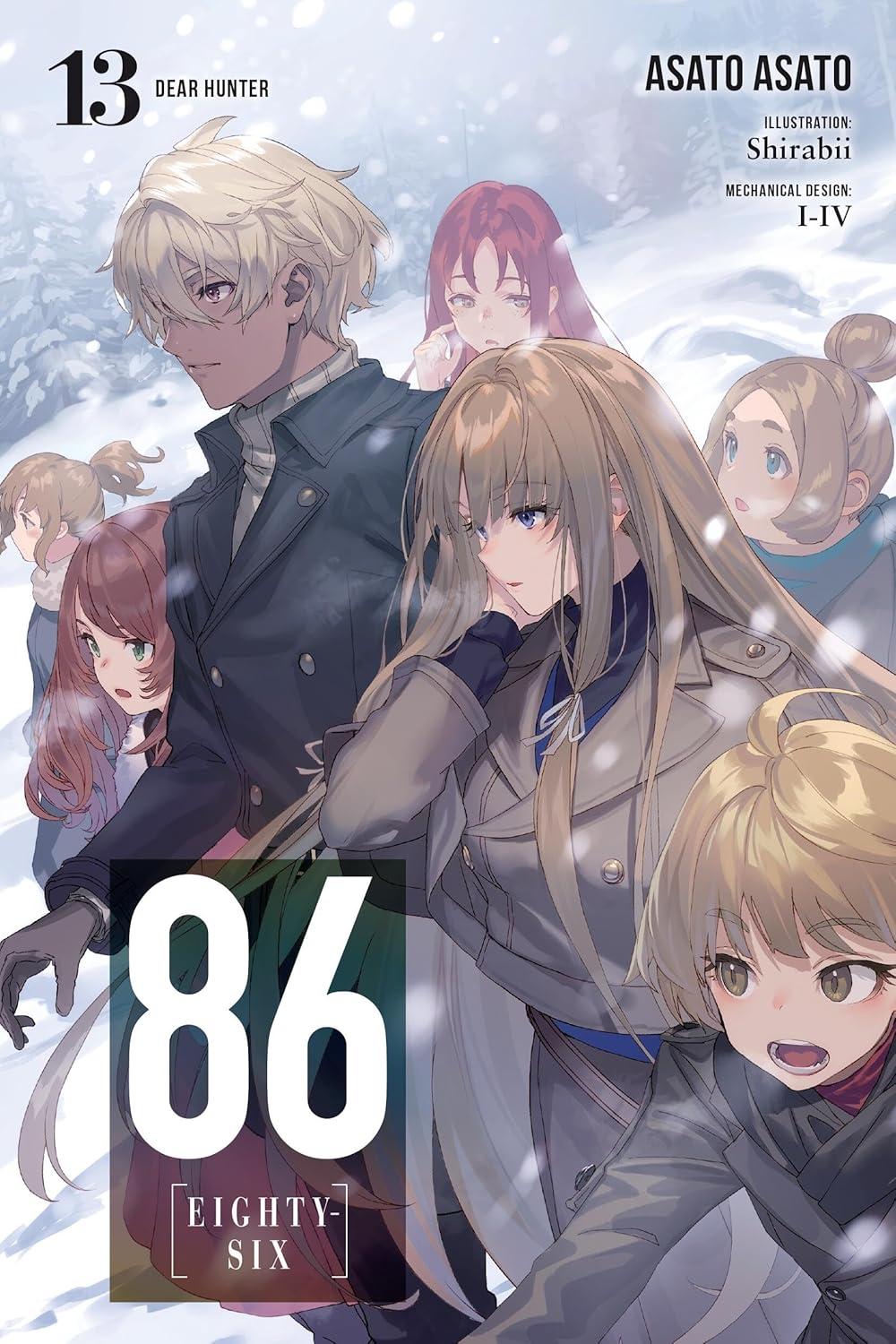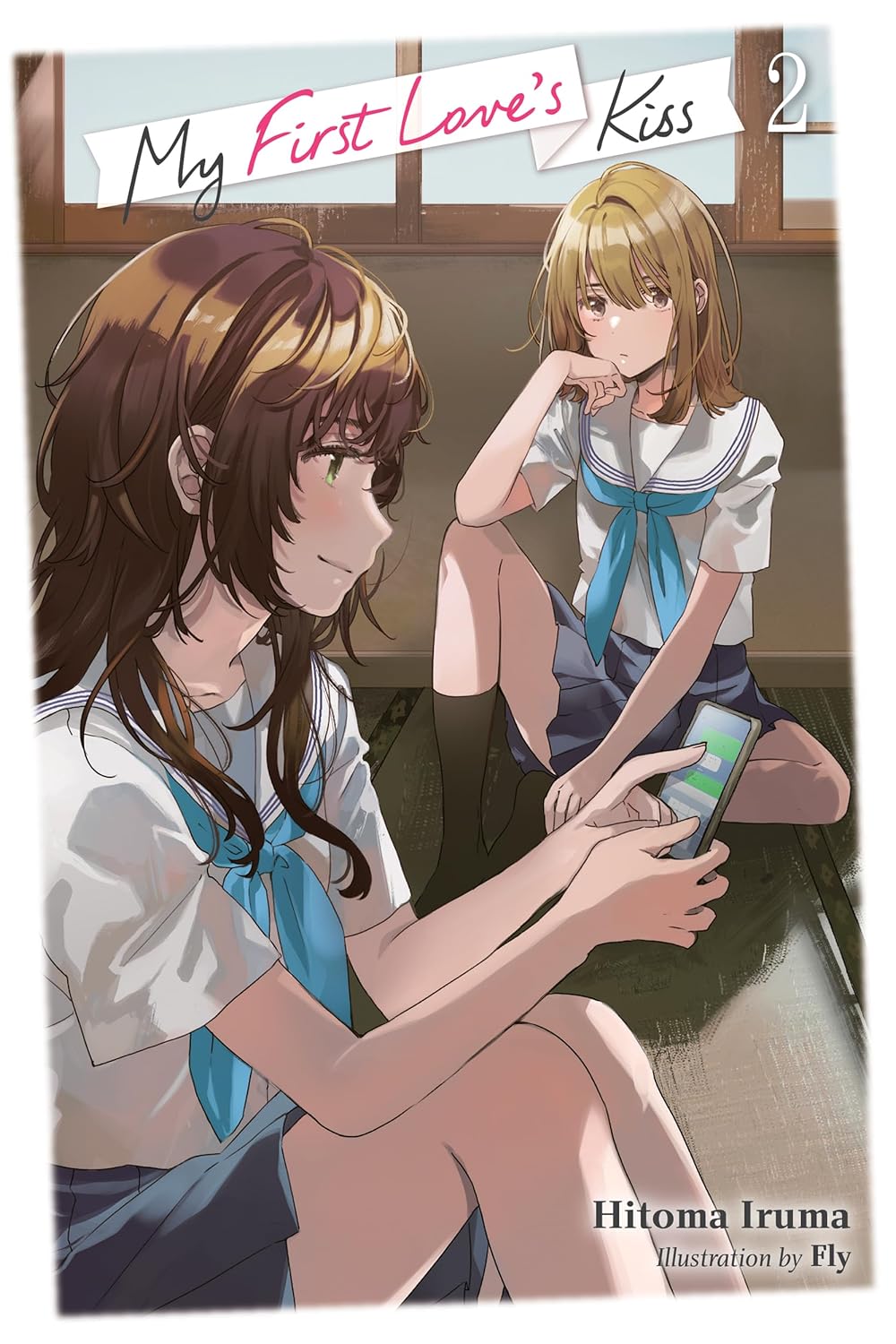By Soitiro Watase and Ginta, based on the series created by Reki Kawahara. Released in Japan by Dengeki Bunko. Released in North America by Yen On. Translated by Stephen Paul.
So, I’m still enjoying this spinoff, but I will admit that I’m enjoying it despite one of its subplots. Actually, more accurately despite its main plot. When the series is showing off the Asuka Online game, its horror events and the cast debugging things, it’s great. When it’s got them solving mysteries of absent fathers and mysterious support dolls who are not named Yotsugi, it’s also great. When it has its real life subplot about Nayuta gradually moving in with Kurei, making him food, and acting like a wife, while blowing off the fact that she’s been spotted with him and that people at her school are asking questions about it, that’s less fine. Now Kurei spends most of the book insisting he hasn’t done anything improper, which is true, but that’s not the point. The point is that Nayuta is underage and Kurei is in a position of power and we’re both supposed to be rooting for these two to admit their love and get married. Which, eh.
The book is divided into two short stories and one novella. The first story has Nayuta and Koyomi join Klever as he tests a vacation resort that will be used for events, meaning it’s an excuse for the cast to fool around in a luxury hotel. But what’s with the staff… or lack thereof? The second story has them participate in a fun event where you get to snuggle cabyparas, and find the wombat hidden among all of them. This is mostly pure fluff, but also has them discovering an AI android that appears to be part of a part of the game still being argued about, named Onihime. In the final story, they meet a young girl named Mahiro, who is searching for her missing father, who might have gotten called up in something criminal. What’s more, the girl looks a LOT like the android AI they just found…
Koyomi continues to have the depth of a sheet of paper, but she’s fun, and she’s also a necessary ingredient in a cast that otherwise consists of two very serious people. She also has Nayuta’s best interests at heart, and he constant battering of Klever about his “intentions” towards Nauyta masks a very real worry that she could be taken advantage of. Nayuta has an abnormal trust of Klever/Kurei, and while the reader is, I think, meant to assume it’s because they’re destined, it’s still uncomfortable. The other thing about this book is its examination of AI – it seems to be mostly pro-AI, but in the world of SAO I can see why that makes more sense – we already have Yui, for example.
This has one more volume to go, but doesn’t really have any plot points to resolve besides “when Nayuta turns 18 she will simply propose”. Let’s home it’s a little more complicated than that. For SAO fans.


